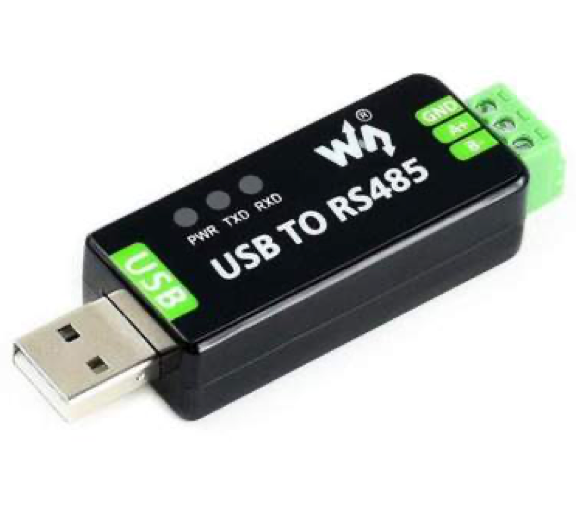- Python Usb Devices Driver Updater
- Python Usb Device Driver
- Python Usb Devices Driver Logitech
- Python Usb Devices Driver Adapter
- This package was created and is supported by NI. The package is implemented as a complex, highly object-oriented wrapper around the NI-DAQmx C API using the ctypes Python library. Nidaqmx 0.5 supports all versions of the NI-DAQmx driver that ships with the C API. The C API is included in any version of the driver that supports it.
- Confirm the selected device has a USB ID of 0BDA 2838 or 0BDA 2832. If the selected device does not have one of these USB IDs, do not proceed. Instead, revert to Step 4 or contact our Customer Support Team for assistance. Press the large button, labelled “Install Driver”, “Reinstall Driver”, or “Replace Driver” to complete the.
“Driver controversy. On 29 September 2014, FTDI released an updated version of their USB-to-Serial driver for Windows on their website. Users who manually downloaded the new drivers reported.
Released:
Python wrapper for the candle (gs_usb) windows driver.
Project description
Python wrapper for the candle (gs_usb) windows driver which is published here.
Used to communicate with candleLight, CANable (with candleLight firmware) CAN-USB adapters.
Example usage
License
This project is licensed under the MIT License - see the LICENSE.md file for details.
Windows C driver is licensed under the GPLv3 License - see the LICENSE file for details.
Acknowledgments
- Hubert Denkmair for the Windows C driver.
Release historyRelease notifications | RSS feed
Python Usb Devices Driver Updater
0.1.3
0.1.2
0.1.1
0.1.0
Download files
Download the file for your platform. If you're not sure which to choose, learn more about installing packages.
| Filename, size | File type | Python version | Upload date | Hashes |
|---|---|---|---|---|
| Filename, size candle_driver-0.1.3-cp37-cp37m-win_amd64.whl (18.1 kB) | File type Wheel | Python version cp37 | Upload date | Hashes |
| Filename, size candle_driver-0.1.3.tar.gz (12.9 kB) | File type Source | Python version None | Upload date | Hashes |
Hashes for candle_driver-0.1.3-cp37-cp37m-win_amd64.whl
Python Usb Device Driver

| Algorithm | Hash digest |
|---|---|
| SHA256 | fce8de472490ed599e505edf306d2aeaa08a1e0a965f40191a928b8dc478c3fc |
| MD5 | 85a5187bf8ce97f5488b6fdacfe828bc |
| BLAKE2-256 | d1058b9c71ccda8bb315541013352e410c3421f96954e4f21420a2059a9ccfa0 |
Hashes for candle_driver-0.1.3.tar.gz
Python Usb Devices Driver Logitech
| Algorithm | Hash digest |
|---|---|
| SHA256 | d5bd52de79d630b554e8da9ffa8c3a4c13a79722bea7970f149f0ca8e7bca655 |
| MD5 | 99f0126fc4884ffddfb721ed3b8e6a8e |
| BLAKE2-256 | c22ba160ad4a874a0e5db061b2607edad66cba3582085fa36f7768d0ca0c30aa |
Overview
libusb is a C library that provides generic access to USB devices. It is intended to be used by developers to facilitate the production of applications that communicate with USB hardware.
It is portable: Using a single cross-platform API, it provides access to USB devices on Linux, macOS, Windows, etc.
It is user-mode: No special privilege or elevation is required for the application to communicate with a device.
It is version-agnostic: All versions of the USB protocol, from 1.0 to 3.1 (latest), are supported.
What platforms are supported?
Linux, macOS, Windows (Vista and newer), Android, OpenBSD/NetBSD, Haiku, Solaris.
Sounds good! How do I get started?
If you are using Linux, chances are your distribution already includes libusb, so you probably just need to reference the libusb header in your source.
For other platforms, or if you want to use the very latest, you are encouraged to recompile from source. Please check the Downloads menu.
Python Usb Devices Driver Adapter
If you prefer, you can also access the source directly from github.
Once you have secured your access to the library and its header, please check the libusb API or the libusb samples.
What happened to the old site?
The old site (.org) is now obsolete, please use libusb.info.
All of the current libusb development team has moved to libusb.info.

For additional information, please consult the FAQ or the Wiki.
